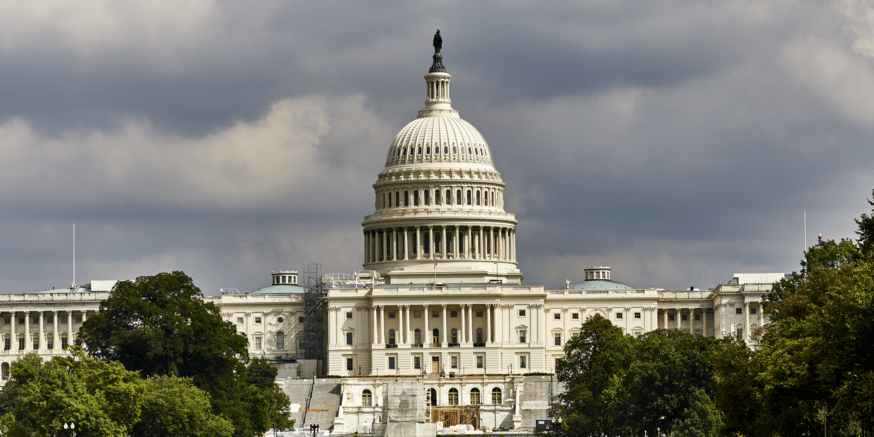Top U.S. Union Warns Senate Crypto Bill Could Jeopardize Workers’ Pensions


The AFL-CIO, which represents millions of workers, has openly asked the Senate Banking Committee to vote against the Responsible Financial Innovation Act (RFIA) because it may allow retirement accounts, such as 401(k)s and pension plans, to invest directly in crypto assets.
Jody Calemine, the union’s Government Affairs Director, that this kind of action would make the market more volatile and put pension funds at risk on a national scale.
Main Risks to Pensions and Financial Stability
Most pensions do not currently invest in cryptocurrencies due to the associated risks, but the proposed law may change that. The AFL-CIO also pointed out that the plan would allow -insured banks to hold and trade crypto assets on their own balance sheets, which could put the taxpayer-backed Deposit Insurance Fund at risk.
In addition, the bill’s plans to tokenize securities could lead to “shadow stocks,” which would let corporations issue blockchain-based shares that don’t have to follow rules. This would create additional dangers for investors and the financial system as a whole.
Comparisons to the Financial Crisis of 2008
The AFL-CIO stated that the risks of unchecked crypto adoption for institutional portfolios are similar to those of unregulated derivatives trading, which contributed to the 2008 financial crisis. Critics argue that the current setup of the measure lacks sufficient control and fundamental protections for workers, which could lead to widespread financial instability similar to what occurred during past economic downturns.
No protections or checks
The union argues that the bill would make it more hard for the government to combat fraud and conflicts of interest. It would also provide issuers with additional means to circumvent existing securities regulations through , potentially undermining crucial disclosure and anti-fraud standards.
These gaps would leave pension funds and other retirement assets vulnerable to investments that are mischaracterized and potentially dangerous, but that people might mistakenly believe are secure.
Union Asks Senate to Say No
The AFL-CIO’s letter requests that Congress reconsider moving forward with the RFIA. Instead, it suggests that new rules should focus on protecting workers against asset class volatility, rather than allowing it to be included in their retirement plans. Over 90 million rely on employer-sponsored plans worth more than $12.5 trillion, making the stakes for worker retirement security and financial stability extremely high.







